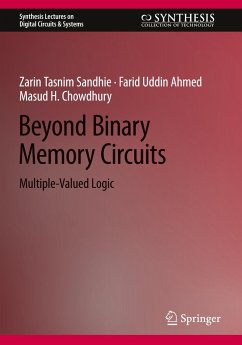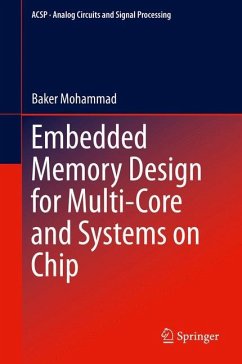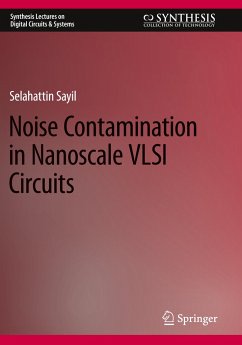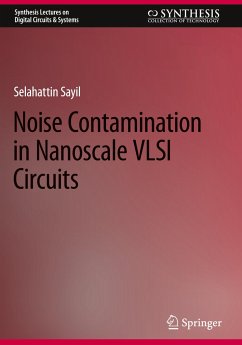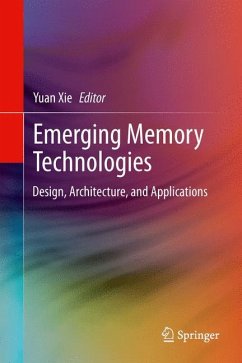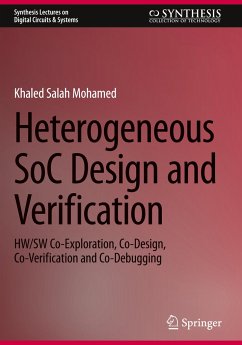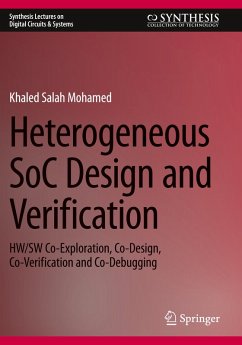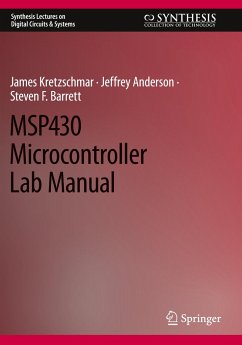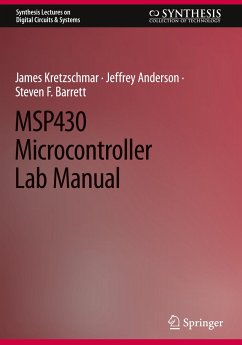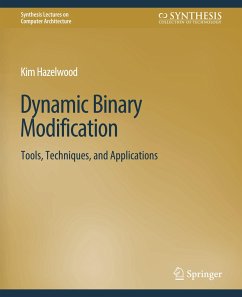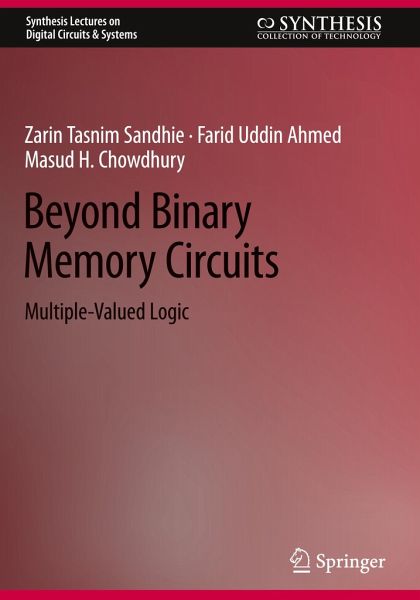
Beyond Binary Memory Circuits
Multiple-Valued Logic
Versandkostenfrei!
Versandfertig in 6-10 Tagen
61,99 €
inkl. MwSt.
Weitere Ausgaben:

PAYBACK Punkte
31 °P sammeln!
This book provides readers with an overview of the fundamental definitions and features of Multiple-Valued Logic (MVL). The authors include a brief discussion of the historical development of MVL technologies, while the main goal of the book is to present a comprehensive review of different technologies that are being explored to implement multiple-valued or beyond-binary memory circuits and systems. The discussion includes the basic features, prospects, and challenges of each technology, while highlighting the significant works done on different branches of MVL memory architecture, such as se...
This book provides readers with an overview of the fundamental definitions and features of Multiple-Valued Logic (MVL). The authors include a brief discussion of the historical development of MVL technologies, while the main goal of the book is to present a comprehensive review of different technologies that are being explored to implement multiple-valued or beyond-binary memory circuits and systems. The discussion includes the basic features, prospects, and challenges of each technology, while highlighting the significant works done on different branches of MVL memory architecture, such as sequential circuits, random access memory, Flash memory, etc.



